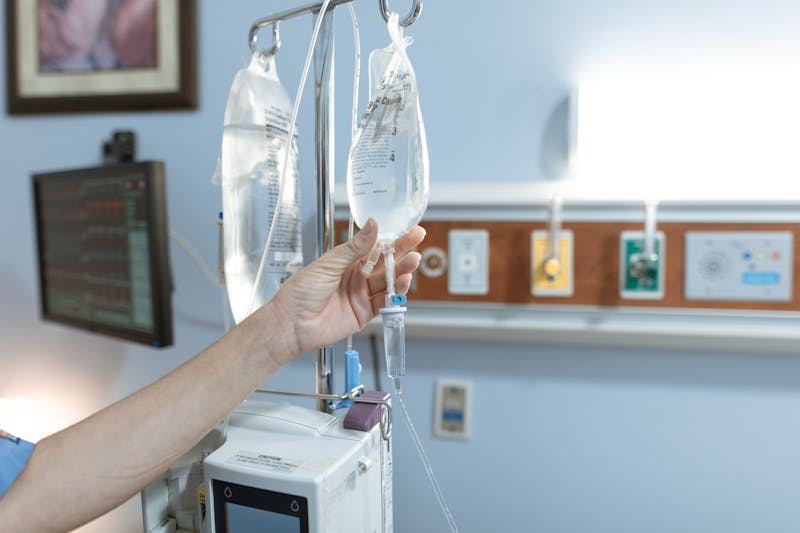FDA Contaminant Warning for Genzyme Drug Products
Five months after discovery of a virus in one of its medical manufacturing plants, the Maine pharmaceutical company Genzyme faces another set of contamination problems and further potential injury for unsafe drug products on market.
Foreign particles including bits of steel, non-latex rubber, and fiber have been identified in five Genzyme drug products used to treat rare genetic disorders. Two affected drugs – Cerezyme and Fabrazyme – have had their production reduced after the viral contamination was detected in its Allston Landing plant this June.
FDA officials suggest potential serious drug contaminant injury could include blood vessel blockages and life-threatening allergic reactions, though no such adverse events have been reported.
It is predicted that less than 10,000 people worldwide are affected by this week’s drug recall. About 5,500 people depend on the Genzyme’s best-selling drug Cerezyme, which treats Gaucher disease, a condition that causes fatty substances to accumulate in the liver, spleen, and other internal organs.
FDA officials have warned physicians to carefully examine vials of Genzyme products and filter them before they are given to patients, returning any contaminated vials to the manufacturer.
Unlike this week’s Hospira FDA recall of dietary supplement and anesthesia products for foreign particles, FDA officials did not recall Genzyme products. Instead, the drugs will remain on the market with intensified production scrutiny. FDA may be reasoning that because Genzyme is the sole supplier of many of drug products, it is better to leave these already scarce drugs on the market.
The present problems are unrelated to this summer’s viral decontamination after the germ Vesivirus 2117 was found contaminating some Genzyme products.
It is suspected that foreign particles were introduced at finishing labs where the vials are filled and moving parts and workers’ sterile gowns can account for the presence of steel and fabric particles.





